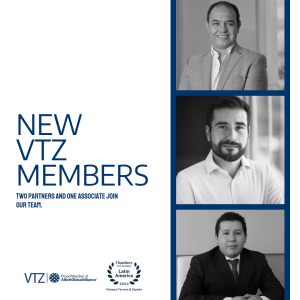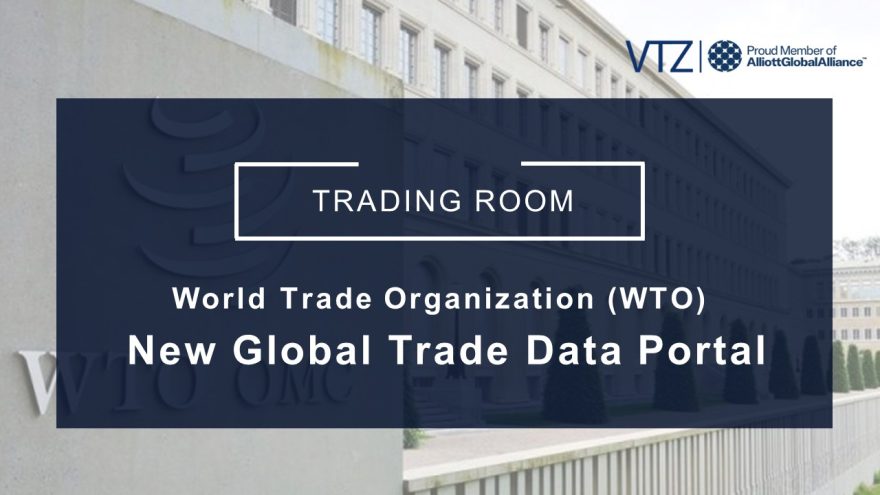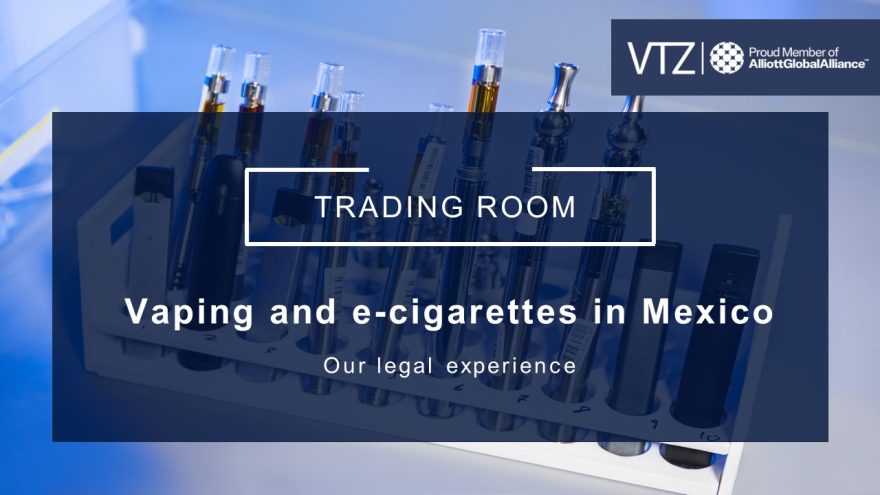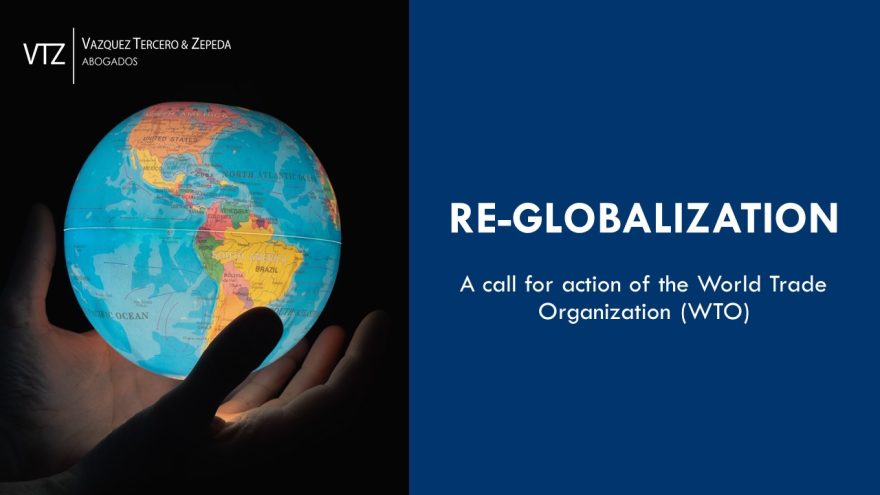USMCA Labor Council
The USMCA Labor Council met for the first time on June 29th. The Council is composed of senior governmental representatives from trade and labor ministries, as designated by each Party.
During the first meeting, the Council discussed the domestic mechanisms, institutions, and procedures that each party is employing to advance and guarantee the fulfillment of the USMCA labor chapter’s provisions in subjects such as:
- Prohibition of the importation of goods produced in whole, or in part by forced or compulsory labor.
- Labor policies for migrant workers.
- Areas for ongoing and future cooperation and technical capacity building.
- Ongoing implementation of Mexico’s labor law reform.
We note that Mexico still does not have a legal mechanism to prohibit the importation of goods that were produced by forced labor.
Needless to say, the last point takes on special relevance in light of the collective bargaining agreement (CBA) “legitimization” process at the General Motors plant in Silao. This event made evident the need to strengthen the legitimization process as well as to complement with other measures to comply with the labor chapter of the USMCA.
Accordingly, during the meeting, the Mexican government announced that the Ministry of Labor is preparing an update regarding the CBA legitimization protocol, which will give greater powers to inspectors and prohibit the partial recount of votes at the time of electing a new union leader.
Rapid Response Labor Mechanism (RRLM)
As noted in our previous newsletter, two U.S. complaints are active, namely against certain events entailing General Motors in Silao and Tridonex in Matamoros.
General Motors
News outlets reported that Mexico sent a letter to the United States, accepting a “denial of rights” and to formally initiate the joint “negotiations” to resolve the request filed by the USTR regarding GM’s CBA legitimization process.
This event marks the next step in the process of the RRLM. Mexico and the US will have 10 days to agree on the remedial measures.
Public Session
Lastly, on the afternoon of the 29th, the Labor Council held a virtual public session, during which workers, employers, civil society organizations, and the general public had the opportunity to discuss matters related to the implementation of the USMCA’s labor chapter.
Source: El Economista, Reuters, Expansión, El economista, Office or the USTR, El Diario.
International Trade
According to data published by the National Institute of Statistics and Geography (INEGI), in the first five months of this year, the trade balance showed a surplus of 333 million dollars.
Exports
The value of Mexican merchandise exports was US$40,798.35 billion in May 2021, which represented an increase of 125.21% with respect to the same period in 2020, the highest increase since 1991.
It’s worth highlighting oil exports, which registered an increase of 137.9%, non-oil exports, and manufacturing exports registered an increase of 125.5% and 134.3% at an annual rate, respectively.
Likewise, it is important to underline that Mexican exports of inputs for the automotive industry, a key industry for the USMCA, had an annual growth of 859%.
Therefore, it is expected that the USMCA will continue to help attract greater investment and boost trade with North America.
Imports
On the other hand, imported goods amounted to 40.5 billion USD, which implies an increase of 87.5% at the annual rate.
The 184.1% annual rate increase in oil purchases and the 80.8% annual rate increase in non-oil purchases stand out.
Source: El financiero, Forbes, Expansión.
Decree to expedite the importation of medicines into Mexico in the public sector.
On June 22, the Ministry of Health modified the Agreement that regulates the importation of health inputs and supplies for the correct and timely provision of health services. Said agreement allowed the importation of health inputs with or without sanitary registration in Mexico for health policy and contingencies. This is due to the fact that the sanitary certification of certain foreign agencies was recognized as equivalent, which expedited the process by approximately one-third and thus facilitated the importation.
Now, the new regulation establishes, in essence, that only public health and social security institutions will be authorized to benefit from this scheme to import health inputs, without sanitary registration in Mexico, which are necessary to cover their needs.
Under this framework, the importer must initiate the process of authorization of sanitary registration in Mexico 10 business days after the permit to import without registration is granted. Otherwise, COFEPRIS (the competent Health agency) will not grant a new permit with these characteristics. The agreement also establishes the necessary requirements for such permits to be granted.
VTZ regrets that the same flexibility is not granted to private-sector health care providers, since the General Health Law and the Health Inputs Regulation do not make a distinction between the public and private sector for the importation of medicines and other inputs in cases of contingency or for health policy.
Source: DOF, El Financiero, Proceso.








